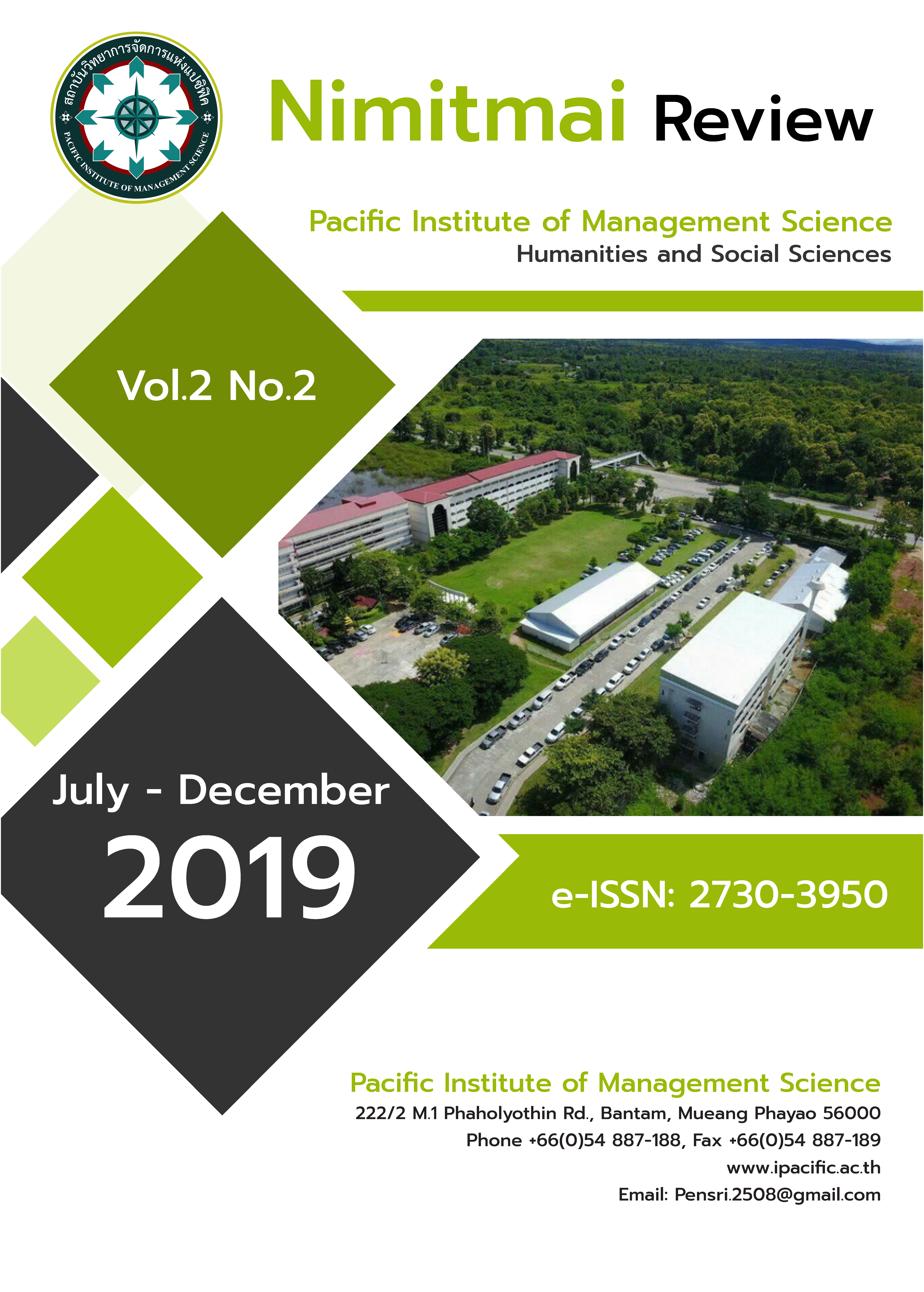METHODOLOGICAL MODEL OF REASON-BASED MORAL CAPABILITY IN HIGHER EDUCATION
Keywords:
Higher Education/Reason-based morality capability/ Methodological model for moralityAbstract
The researcher’s interest to construct the research objectives (1) to review the methodological models of ethics and values education and (2) to measure the significant difference between the 4 education groups of students in higher education, according to their level of education. The population participating in this study were students of the faculties relating to Sociology and Anthropology from the 8 National/Autonomous University in Bangkok. A sample size of 268 was calculated from Taro Yamane Formula. They were equally drawn from four groups according to their level of education. Multi-stage random sampling was applied. To answer the first (qualitative) research objective, the content analysis was applied to analyze the Relation to Moral Development and the Demonstration of Use for each methodological model of ethic. To answer the second (quantitative) research objective, the Defining Issues Test (DIT) was used as the measuring instrument to assess the reason-based moral capability. A P-Score was calculated from the results and represented their current level of moral reasoning development. To ascertain the significance of the differences in moral scores for the four education groups, an analysis of variance (ANOVA) was performed. The found most impact methodological models of reason-based morality were (1) Critical thinking in ethics education (2) Using ethical dilemmas, conflict cases, thought experiments, and (3) Moral Decision Making. Results of the analysis of variance indicated that there was no significant difference between moral reasoning scores for the four educational groups. The obtained F test 0.38 indicated a non-significant difference at the level of .05.
References
Andre, S., James, R. R., & Stephen, J. T. (1985). Does Moral Education Improve Moral Judgment? A Meta-Analysis of Intervention Studies Using the Defining Issues Test. Review of Educational Research, 55(3), 319-352.
Chalmers, P., Dunngalvin, A., Shorten, G. (2011). Reflective ability and moral reasoning in final year medical students: A semi-qualitative cohort study. Med Teach., 33(5), e281-289.
Eynon, G., Hill, N. T., & Stevens, K. T. (1997). Factors That Influence the Moral Reasoning Abilities of Accountants: Implications for Universities and the Profession. Journal of Business Ethics, 16 (12/13), 1297-1309.
Rest, J., Narvaez, D., Bebeau, M. J., & Thoma, S. J. (1999). Postconventional moral thinking: A neo-Kohlbergian approach. Mahwah, NJ, US: Lawrence Erlbaum Associates Publishers



